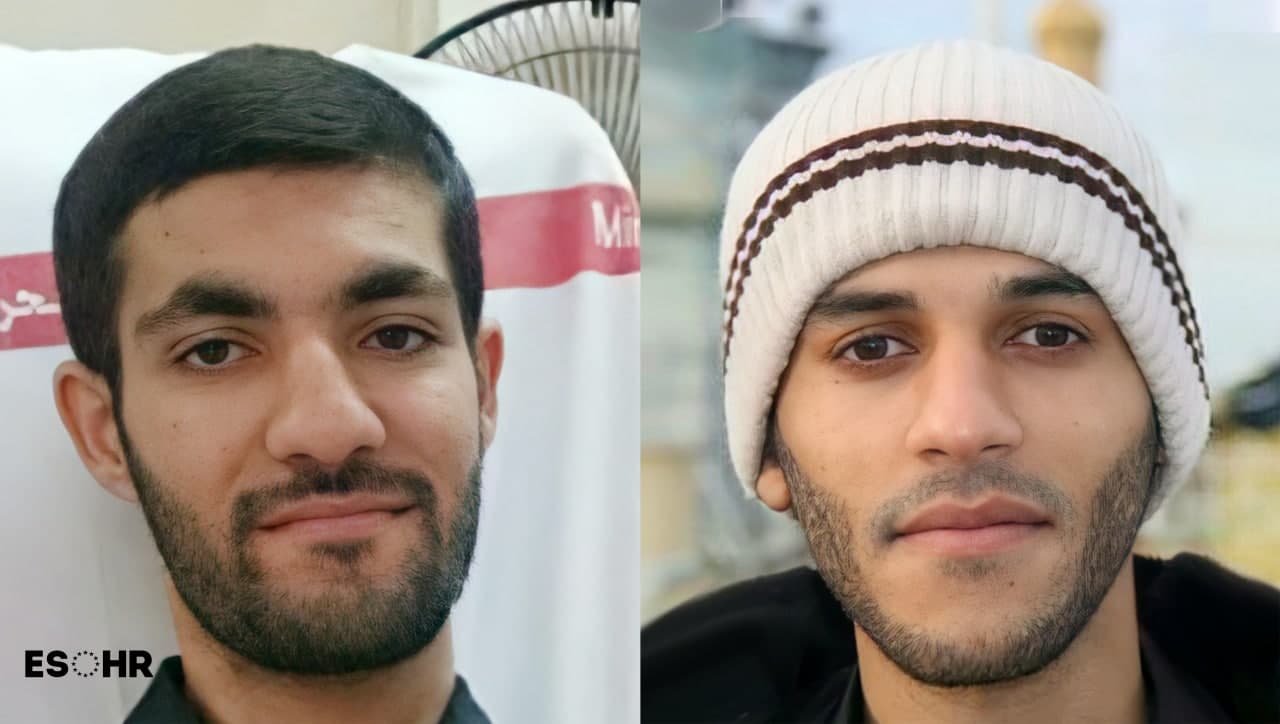
On January 22, 2022, the United Nations special rapporteurs sent a letter to the Kingdom of Saudi Arabia, calling on it to immediately halt the execution of death sentences against both Jaafar Sultan and Sadiq Thamer, and considered that the data on the case made their executions arbitrary.
The letter was signed by the Special Rapporteur on extrajudicial killings and executions, the Working Group on Arbitrary Detention, the Special Rapporteur on the promotion and protection of human rights and freedoms in the fight against terrorism and the Special Rapporteur on torture and other cruel treatment.
According to the letter, Sultan and Thamer were arrested in May 2015 at the King Fahd bridge, and faced numerous charges, including participating in the demonstrations in Bahrain, participating in the establishment of a terrorist cell, receiving training in foreign camps with the aim of destabilizing the security of Saudi Arabia and Bahrain, and smuggling explosive materials.
The letter indicated that both Thamer and Sultan were held incommunicado for several months, and their families only learned of their arrest through the local media. The rapporteurs explained that the information confirmed that the two detainees had been subjected to torture, including solitary confinement for several months and being forced to sign confessions. They were also unable to communicate with a lawyer until after the trial began.
On October 7, 2021, Sultan and Thamer were sentenced to death by the Saudi Specialized Criminal Court, pursuant to Article 1, paragraph 3, Article 32 of the Anti-Terrorism Crimes and Financing Law, and Articles 4 and 15 of the Anti-Terrorism Law.
On January 11, 2022, the Court of Appeal upheld the verdicts, and they were referred to the Supreme Court and both verdicts may be carried out at any time.
The Special Rapporteurs expressed their concern that information indicates that both Sultan and Thamer were sentenced to death without due process and a fair trial. As they were unable to contact a lawyer upon their arrest and could not resort to any remedy to challenge the legality of their detention, they were subjected to torture and ill-treatment and confessions were extracted under torture, in contravention of the Convention against Torture and Other Cruel, Inhuman or Degrading Treatment or Punishment that ratified Saudi Arabia in 1997.
The letter added that the death penalty can only be imposed following compliance with a strict set of substantive and procedural requirements and guarantees of a fair trial, which have “repotedly not been complied with in the cases of Mr. Sultan and Mr. Thamer” .
The letter recalled the concerns expressed by the Special Rapporteurs in a previous correspondence regarding anti-terror legislation in Saudi Arabia. It pointed out that the law includes a wide range of strict and often inconsistent with human rights measures. The rapporteurs explained that the law allows for solitary confinement for periods of up to ninety days, pretrial detention for periods of up to a year, and serious restrictions on the right to contact a lawyer and other fair trial standards.
The Special Rapporteurs reiterate that the “principle of legal certainty” requires that criminal laws be sufficiently precise so that it becomes clear what types of behavior constitute a criminal offense and what would be the punishment for such a crime.
The rapporteurs also stressed the importance of the definition of terrorism in national legislation being guided by the international standard definition. The gravity of the criminal conviction and the punishment for it must be proportional to the guilt of the offender, and no person should be convicted of participating in a terrorist act, facilitating or financing terrorism, unless it is possible to proof that this person knew or intended to be involved in terrorism as defined under national law.
The letter mentioned the right of victims of torture and other ill-treatment to file a complaint about their treatment in detention, and that any allegation in this regard must be immediately followed up by an impartial and thorough investigation by an independent body.
The European Saudi Organization for Human Rights affirms that the trial of both Sultan and Thamer lacked the conditions of justice, and that Saudi Arabia may execute them at any moment despite the message of the special rapporteurs and the fears they raised. The organization also notes that the lack of transparency in the Saudi official dealing with execution cases, in addition to the bloodshed that was recorded recently and the worrying and unprecedented numbers, especially after the sudden mass execution on March 12 against 81 people, compounded the fears for the lives of Thamer, Sultan and other detainees that the European Saudi Organization documented their cases.
